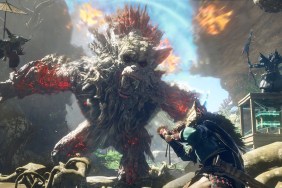I can complete this quest faster than you!
Divinity: Original Sin succeeded because it captured the essence of old-school RPGs with progressive mechanics. It brought the CRPG genre to the 21st century in a way like few other games, and that success has resulted in a sequel–a sequel that was funded in a single day on Kickstarter. The…











